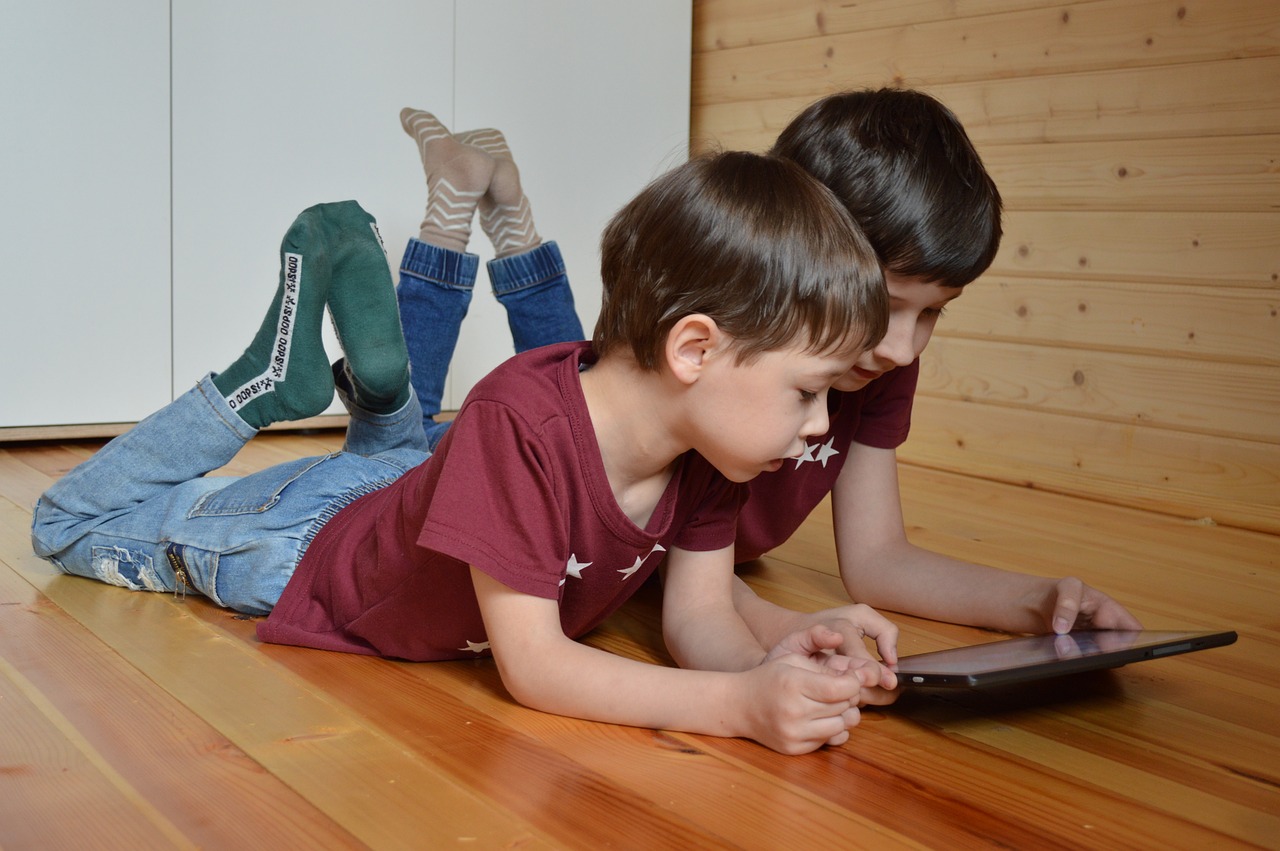One potential alternative is engaging in outdoor activities. Immersing oneself in nature not only provides a break from screens but also allows for exploration and appreciation of the natural world. Activities like hiking, biking, or simply taking a leisurely stroll enable individuals to connect with their surroundings while promoting physical exercise.
Another promising option is fostering hobbies that require hands-on engagement. Encouraging artistic pursuits such as painting, drawing, or sculpting helps individuals tap into their creativity while enhancing fine motor skills. Additionally, engaging in DIY projects or learning musical instruments can offer a sense of accomplishment and personal growth.
Furthermore, reading books should be encouraged as an enriching pastime. The power of storytelling can transport individuals to different worlds and expand their imagination beyond what screens can provide. Whether it be fiction or nonfiction, books allow readers to delve into various subjects while improving vocabulary and critical thinking skills.
Engaging in group activities is another way to promote alternatives to screen-based entertainment and learning. Participating in team sports cultivates teamwork, communication skills, and healthy competition among peers. Moreover, joining clubs or organizations focused on shared interests fosters social connections outside the digital realm.
Lastly, incorporating mindfulness practices into daily routines can offer respite from screen time while nurturing mental well-being. Activities such as meditation or yoga help individuals develop focus, reduce stress levels, and enhance self-awareness – all fundamental aspects of personal growth.
In conclusion, promoting alternatives to screens for entertainment and learning is crucial for creating a balanced and well-rounded society. While screens have their place in this digital age, encouraging outdoor activities, hands-on hobbies, reading books, group activities, and mindfulness practices can provide individuals with invaluable experiences that screens alone cannot offer. By actively advocating for these alternatives, we can cultivate healthier lifestyles and foster personal growth among individuals of all ages.

